El Fasher, the capital of North Darfur and the final bastion of government control in the region, has fallen to the Rapid Support Forces (RSF) after an eighteen-month siege that has left the city in ruins and thousands of civilians trapped amid escalating atrocities.
Satellite imagery and eyewitness accounts confirm that RSF fighters drove the Sudanese Armed Forces (SAF) from the city late Sunday, marking a decisive moment in Sudan’s devastating civil war. The conflict, which erupted in April 2023 between rival generals vying for power, has already killed an estimated 150,000 people and displaced more than 14 million across the country.
In a televised address on Monday, Sudan’s army chief and de facto head of state, General Abdel Fattah al-Burhan, acknowledged the loss of El Fasher, saying his troops had “retreated to save civilians from systematic destruction.” His statement followed days of reports of mass killings, shelling, and widespread looting as RSF units took control of key military and civilian installations.
The United Nations has warned of a potential massacre in El Fasher. “Hundreds of thousands of people are trapped without food, water, or medical care,” said Tom Fletcher, the UN’s humanitarian chief. “Intense shelling and ground assaults have engulfed the city, and escape routes have been cut off.”
While RSF commanders claim they are protecting civilians and opening safe corridors, independent monitors and human rights organisations tell a starkly different story. The UN Human Rights Office has received “multiple, alarming reports” of summary executions, ethnically motivated killings, and videos showing unarmed men being shot or left dead in the streets.
The violence bears a grim resemblance to the atrocities of Darfur’s earlier genocide two decades ago. The RSF, which evolved from the Janjaweed militia responsible for that campaign, has long been accused of ethnically driven violence against non-Arab groups. Amnesty International and the Armed Conflict Location & Event Data Project (ACLED) have documented hundreds of attacks on civilians since 2023, including targeted assaults on internally displaced persons’ camps.
“Ethnic patterns of violence are re-emerging in Darfur,” said Jalale Getachew Birru, a senior ACLED analyst. “The fall of El Fasher will likely intensify the killing of non-Arab groups, particularly the Masalit community.”
The humanitarian toll is staggering. Thousands of families have fled to nearby Tawila, while an estimated 177,000 civilians remain trapped within the city. Aid agencies say food supplies have run out, hospitals have been destroyed, and medical workers have been forced to flee.
“The situation in El Fasher is catastrophic,” said Justin Lynch, managing director of Conflict Insights Group. “We are witnessing the beginning of what could be another genocide.”
The fall of El Fasher gives the RSF near-total control of Darfur, a region roughly the size of France. Analysts say the next phase of fighting is likely to shift eastward into the oil-rich Kordofan region, where both forces are competing for strategic transport routes linking central Sudan to Darfur.
The SAF, meanwhile, maintains control over much of the capital, Khartoum, after recapturing it earlier this year, but its grip on western territories has collapsed. This effectively splits Sudan into two zones of power — an RSF-dominated west and a military-held centre and east.
International concern is mounting. Earlier this year, the United States formally declared that the RSF’s actions in Darfur amounted to genocide, citing “direct attacks against civilians, including men and boys — even infants — on an ethnic basis.” The statement also accused the RSF of targeting women and girls for rape and sexual violence.
Sudan’s military government has repeatedly accused the United Arab Emirates of arming the RSF, a claim Abu Dhabi denies. Western and African mediators have urged an immediate ceasefire and the creation of humanitarian corridors, but both sides remain entrenched.
International human rights lawyer Yonah Diamond has called for urgent global intervention. “The time for emergency action is now,” he told CNN. “World leaders cannot allow another genocide to unfold in Darfur with impunity.”
For many Sudanese civilians, however, the pleas may already be too late. As the RSF consolidates its control over El Fasher and the Darfur region, the human cost continues to rise — another chapter in a war that has already torn the nation apart.


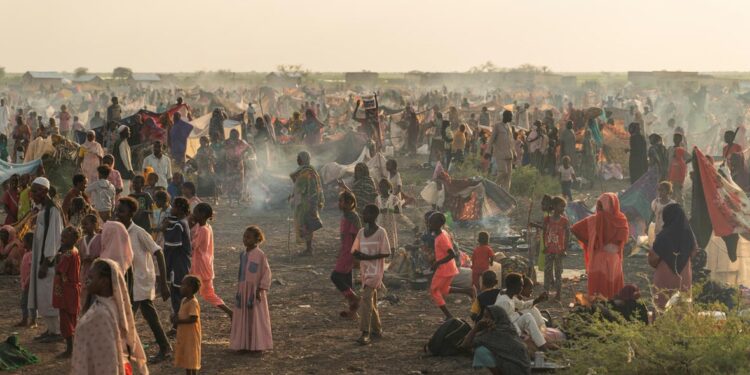



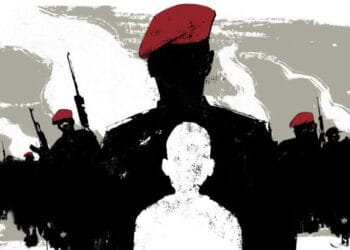
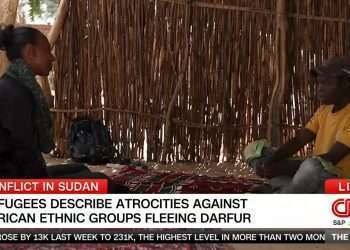

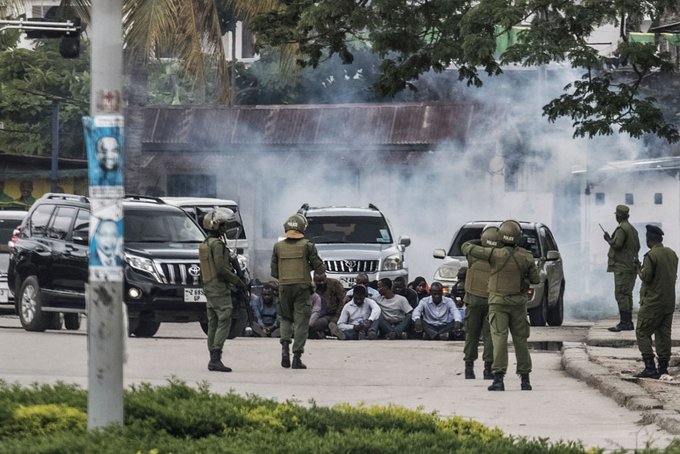


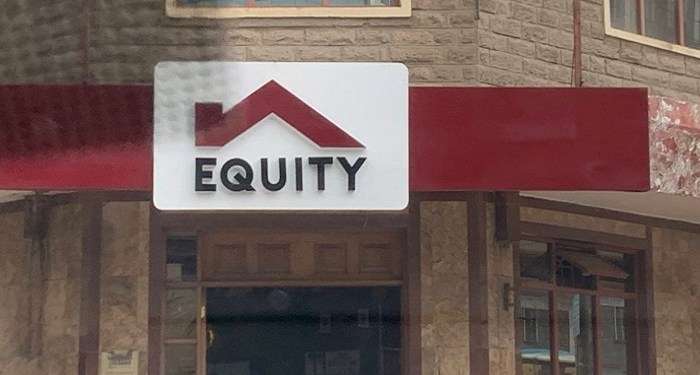
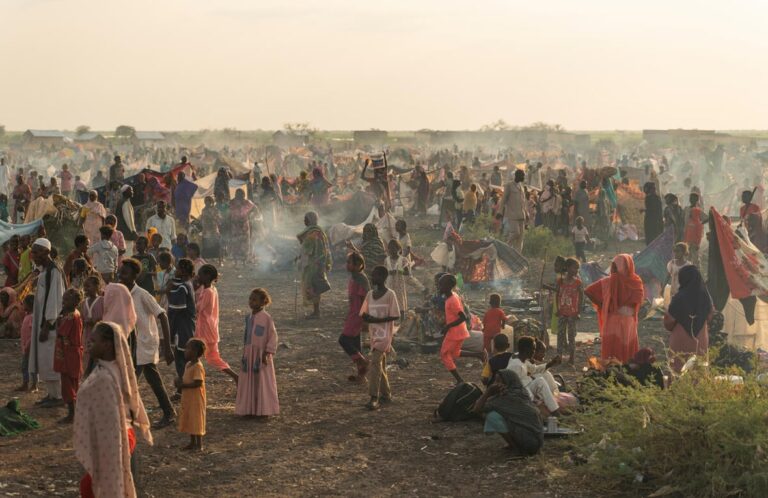

Discussion about this post